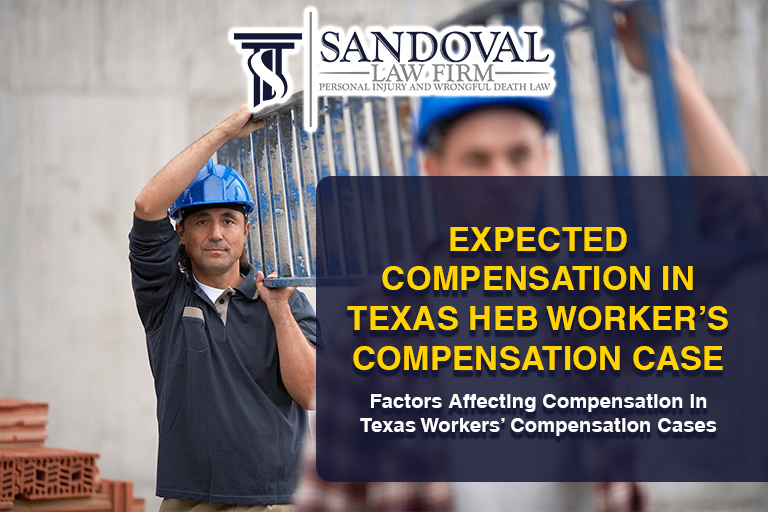In a worker’s compensation case in Texas, the compensation you can expect to receive will depend on several factors, including the nature and severity of your injury. Here’s an overview of the types of compensation you may be eligible for in an HEB worker’s compensation case in Texas:
- Medical Benefits: Worker’s compensation typically covers all reasonable and necessary medical expenses related to your workplace injury. This can include doctor’s visits, hospital stays, surgeries, prescription medications, physical therapy, and medical equipment. There is usually no cap on medical benefits.
- Income Benefits: Income benefits are designed to partially replace the wages you lose due to your injury. The specific amount you receive will depend on factors such as your average weekly wage before the injury and the extent of your disability. There are four types of income benefits in Texas worker’s compensation:
- Temporary Income Benefits (TIBs): These are provided when you are unable to work for more than seven days due to your injury. TIBs are typically 70% of your average weekly wage, up to certain statutory limits.
- Impairment Income Benefits (IIBs): If you have a permanent impairment due to your injury, you may be eligible for IIBs. The amount is based on the impairment rating assigned by a doctor and your average weekly wage.
- Supplemental Income Benefits (SIBs): SIBs are available if you have a severe impairment and have exhausted TIBs and IIBs. These benefits are calculated based on your earnings and the date of your injury.
- Lifetime Income Benefits (LIBs): LIBs are for individuals with severe and permanent disabilities, such as paralysis. These benefits provide income for the duration of your lifetime.
- Vocational Rehabilitation: If your injury prevents you from returning to your previous job, you may be eligible for vocational rehabilitation services, which can include job training, education, and job placement assistance.
- Death Benefits: In the unfortunate event that a worker loses their life due to a workplace injury, worker’s compensation may provide death benefits to their dependents. These benefits typically include funeral expenses and income benefits to the surviving spouse and dependent children.
- Travel Expenses: Worker’s compensation may cover reasonable travel expenses for medical treatment related to your workplace injury.
- Disfigurement Benefits: In cases of severe and permanent disfigurement, you may be eligible for additional compensation.
It’s important to note that worker’s compensation in Texas is a no-fault system, meaning you can generally receive benefits regardless of who was at fault for the injury. However, there are specific rules and deadlines for filing claims, so it’s essential to report your injury to your employer and seek legal advice promptly.
The exact amount of compensation you receive will depend on various factors and the specific details of your case. Consulting with an experienced worker’s compensation attorney can help ensure that you receive the maximum benefits to which you are entitled.









